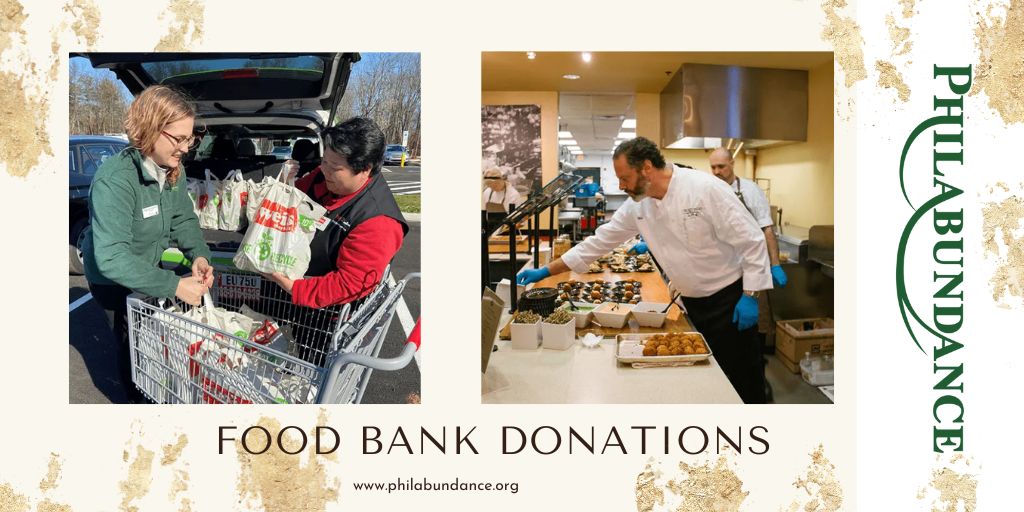Philabundance’s Map the Meal Gap data reveals a troubling reality: in Philadelphia, food insecurity rose to 15.2% in 2022, while child food insecurity reached 30.4%. In simple terms, nearly one in three children in the city are food insecure. A separate survey by Children’s HealthWatch found that over 22.4% of Philadelphia families reported household food insecurity, with 11.8% of children directly experiencing hunger.
Numbers like these reveal the scale of the challenge—and why food bank donations are essential in ensuring families don’t go without meals.
What Food Insecurity Looks Like in Philadelphia
Food insecurity isn’t always visible. It may look like parents skipping meals to make sure their children eat, or families relying on corner stores where healthy options are scarce. It can mean children struggling to concentrate at school because they don’t have enough energy from breakfast or lunch. For seniors, it may mean deciding between groceries and medication.
In Philadelphia, the problem is compounded by the prevalence of food deserts and food swamps—areas where either access to groceries is limited, or unhealthy food outlets greatly outnumber nutritious options. That’s why organizations like Philabundance are critical in making sure food reaches the people who need it most.
Why Food Bank Donations Are So Important
When community members give to food banks, they do more than provide canned goods or boxes of pasta. They contribute to a system that ensures families can access balanced, nutritious meals. Philabundance operates as both a frontline provider and a central hub, distributing food across a wide network of pantries, shelters, and community partners in the Delaware Valley.
Food banks also reduce waste. Many restaurants, grocers, and event hosts donate surplus food, which Philabundance redistributes safely and efficiently. What might otherwise end up in a landfill becomes a healthy meal on someone’s table.
The Power of Predictable Support
One-time contributions are always appreciated, but hunger doesn’t disappear after the holidays or a major food drive. Families need support in February, July, and October just as much as in December. That’s why consistent food bank donations—especially monthly contributions—are so impactful.
Consider this: a $25 monthly donation adds up to $300 a year. That’s hundreds of meals for families who would otherwise struggle. This kind of predictable funding allows food banks to plan ahead, stock perishable items like milk and produce, and respond quickly when needs spike.
For donors, monthly giving is often easier to manage, spreading generosity throughout the year rather than all at once. For food banks, it creates the stability needed to ensure no family is left behind.
Building a Stronger Community
Hunger is a challenge too large for any single household to solve, but it’s not beyond the power of a city when neighbors come together. Every consistent contribution—whether in food or funds—helps create a stronger safety net.
Food insecurity in Philadelphia is significant, but so is the opportunity to make a difference. Supporting food bank donations regularly helps strengthen families and neighborhoods across the region.
If you’re ready to make a lasting impact, consider setting up a monthly donation today.
Donate now at Philabundance and help provide steady, reliable meals for Philadelphia families in need.
For more information about Food Bank Near Me and Giving Tuesday Please Visit : Philabundance



